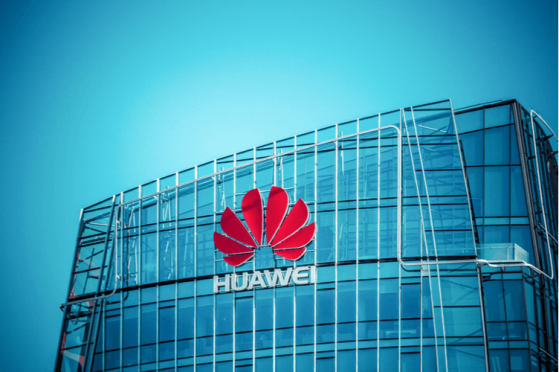Huawei, the company known for being one of China’s most successful smartphone manufacturers, announced this week the release of a blockchain-as-a-service platform.
Dubbed “Blockchain Cloud Service,” the platform came just after Huawei started working with Hyperledger on a blockchain benchmarking tool known as Caliper.
“Huawei blockchain cloud services are based on open source techniques in data management, security encryption and other core technologies accumulated over the years. Huawei’s blockchain cloud service is an easy-to-use, flexible and efficient universal and basic technology, focusing on helping developers build enterprise-class blockchain industry solutions on cloud and Huawei applications quickly and efficiently,” the company wrote in its whitepaper.
The solution developed by the telecommunications group is chiefly oriented towards developers looking to make smart contracts, giving them a platform that does not require starting from scratch.
For the time being, Huawei’s platform appears to cater to the Chinese technology community, with no documentation in any other language.
In addition, we could not log into the platform unless we used a Chinese phone number.
Near the end of the whitepaper, we can see that the environment will include “homomorphic encryption, zero-knowledge proofs” and carrier-level cloud security.
Huawei’s release may be a response to the blockchain boom in the country. The People’s Bank of China itself holds more than 60 patents related to the technology.
It is not rare for Chinese companies to offer their technologies locally first before going global, and Huawei’s strategy may involve making use of the enormous testing field it has before unleashing its solution upon the rest of the world.
Walmart (NYSE:WMT) and IBM (NYSE:IBM) did the same thing, trialing blockchain-powered retail traceability in Chinese markets despite the fact that their headquarters are not located in the country.
If all works well, we might see these companies take advantage of blockchain-friendly countries to expand their initiatives there.
This article appeared first on Cryptovest
